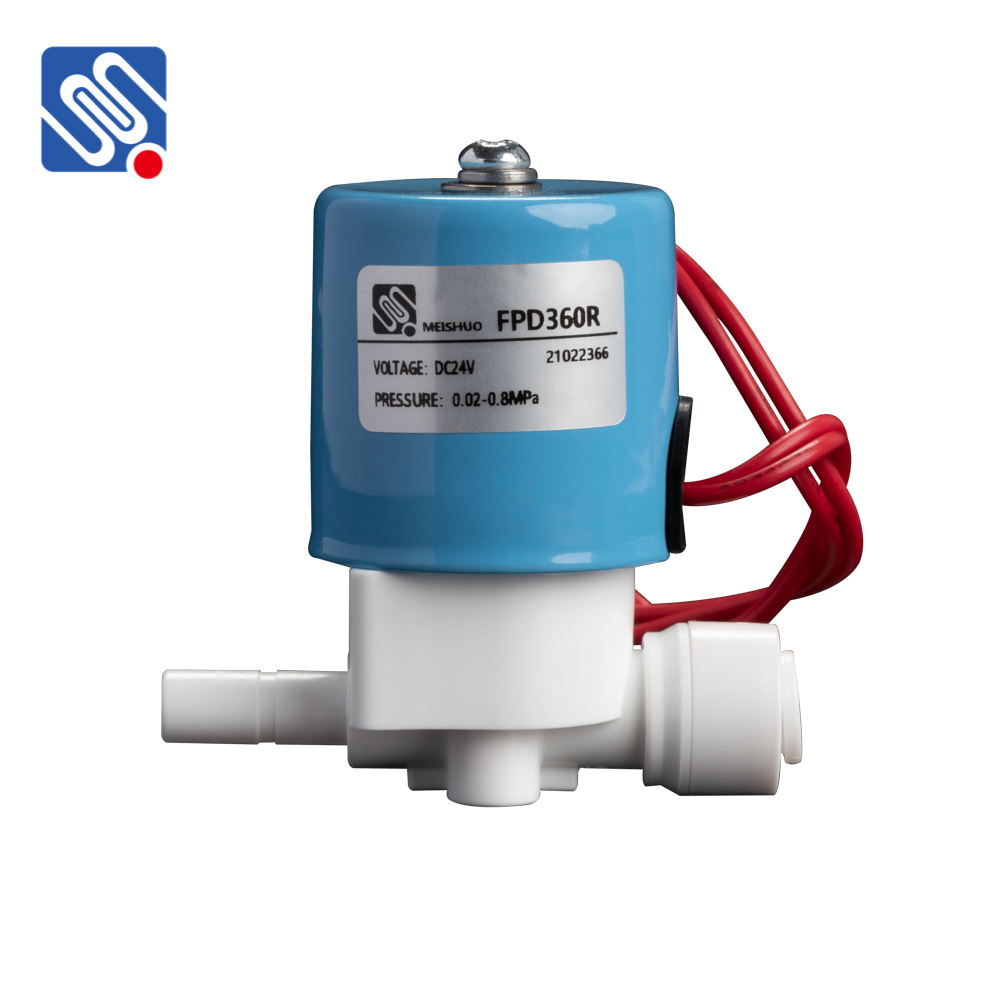In the contemporary world, sustainability and environmental concerns are becoming increasingly crucial in every industry, and manufacturing is no exception. As environmental regulations become more stringent, manufacturers are seeking solutions to comply with legal requirements and reduce their environmental footprint. One such solution is the adoption of RoHS Compliant Solenoid Valves. These valves are designed to meet the Restriction of Hazardous Substances (RoHS) directive, ensuring that they do not contain harmful materials, thereby contributing to a cleaner and safer environment. This article will delve into the significance of RoHS compliance, its impact on industries, and the advantages of using RoHS Compliant Solenoid Valves.

What is RoHS? The RoHS directive was first implemented in the European Union in 2006, aimed at restricting the use of certain hazardous substances in electrical and electronic equipment. The goal of RoHS is to reduce the environmental and health impacts of these substances, which can be harmful when improperly disposed of or when they enter the food chain. The substances that are restricted under RoHS include lead (Pb), mercury (Hg), cadmium (Cd), hexavalent chromium (Cr VI), polybrominated biphenyls (PBB), and polybrominated diphenyl ethers (PBDE). By adhering to RoHS standards, manufacturers can reduce the environmental pollution associated with these substances.
Leave a Reply